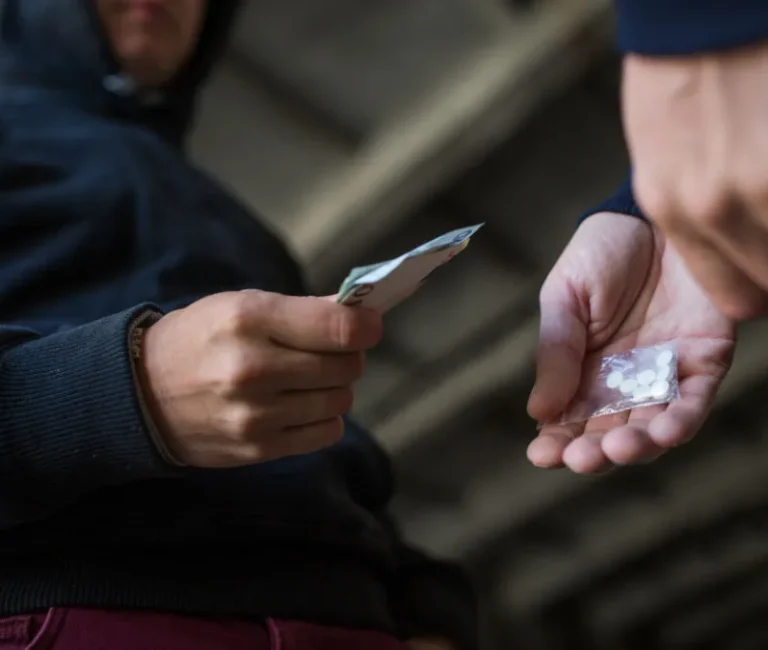Money Laundering

Money laundering in the UK is the process of disguising the original ownership and control of illegally obtained money, typically by making it appear as though the money came from a legitimate source. The goal is to “clean” the money so that it can be used without attracting suspicion. Money laundering is a criminal offence, and the UK has strict laws to combat it.
Here’s a basic breakdown of how money laundering works and the laws surrounding it in the UK:
- The Money Laundering Process:
Money laundering usually occurs in three stages:
- Placement: This is the initial stage, where the illicit money is introduced into the financial system. This can be done by depositing the money into banks, using it to purchase valuable items (like art or real estate), or even exchanging it for foreign currency.
- Layering: This involves moving the money around to obscure its origin. This might include transferring the funds between different accounts, making large or complex financial transactions, or buying and selling assets. The aim is to create layers of transactions to make it harder to trace where the money came from.
- Integration: In the final stage, the illicit funds are fully integrated into the legitimate economy. The money may be used to buy legal assets, invest in businesses, or other activities where the source of the funds looks legitimate. At this point, the money appears to be “clean” and can be freely used without raising suspicion.
- UK Laws on Money Laundering:
The UK has several laws and regulations to combat money laundering, including:
- Proceeds of Crime Act 2002 (POCA): This is the key piece of legislation. It criminalises money laundering and creates offences for concealing, converting, transferring, or possessing criminal property. It also requires businesses and individuals to report suspicious activity.
- Money Laundering Regulations (MLR) 2017: These regulations impose obligations on businesses to have systems in place to detect and prevent money laundering. This includes conducting “Know Your Customer” (KYC) checks, monitoring transactions, and reporting any suspicious activities to the authorities.
- The Terrorism Act 2000: This law also has provisions related to money laundering, particularly focused on the use of funds for terrorist activities. The Act makes it illegal to provide funds or financial support for terrorism.
- The Financial Services and Markets Act 2000 (FSMA): This regulates financial markets in the UK and includes provisions for combating money laundering in the financial sector.
High Success Rate
Expert Legal Services
Highly Recommend
Free Consultation
Drop Us a Line
Trust our firm to deliver the results you deserve...
Let Us Help You
As the UK’s premier defence specialists, we represent clients throughout England and North Wales with unparalleled success. Our expert solicitors possess intimate knowledge of court procedures in every jurisdiction across the nation, having built a reputation for excellence in even the most challenging venues.
Need guidance on your case? Contact us today for a free, confidential consultation and discover how our proven strategies could protect your future.
AMAZING service. Special shoutout to Aftab who made the whole process easy. Would definitely recommend
26 July 2024
I can’t recommend Alex Rostron at The Motoring Lawyers highly enough. From start to finish, he provided exceptional legal support, and thanks to his expertise, I was fully acquitted of… read more my case. Alex’s knowledge of motoring law is impressive, and his ability to break down complex legal jargon made me feel at ease throughout the entire process. He was thorough, attentive, and always kept me informed. His commitment and attention to detail were key to the successful outcome, and I am extremely grateful for his professionalism. If you’re in need of a motoring lawyer, Alex is the person you want in your corner!
30 October 2024
Amazing guys Incredibly professional very helpful in answering all my questions and got the verdict we wanted
26 July 2024
Discover Frequently Asked Questions from Our Support
It’s the process of concealing the origins of criminal property to make it appear legitimate.
- Placement: Introducing illicit funds into the financial system
- Layering: Moving money to obscure its origin
- Integration: Reintroducing it as clean, usable funds
Key legislation includes the Proceeds of Crime Act 2002 (POCA), Money Laundering Regulations 2017, and the Terrorism Act 2000.
Convictions can result in up to 14 years’ imprisonment, asset confiscation, and reputational damage.
Yes. These cases are complex and carry serious consequences. Early legal advice is essential.




